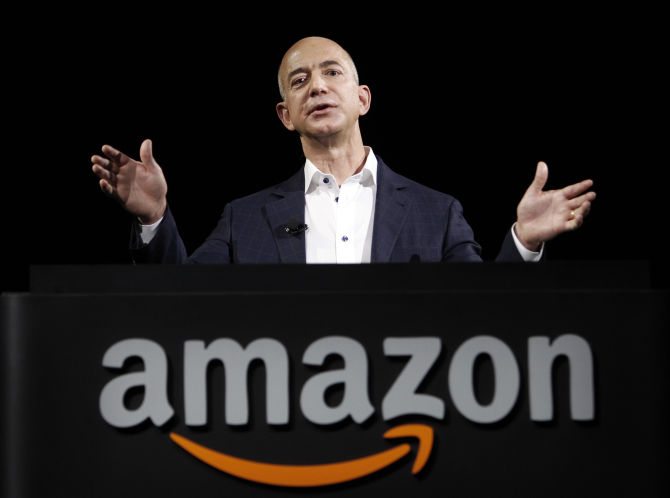By Justine Griffin
Tampa Bay Times, St. Petersburg, Fla.
A recent New York Times report about the workplace culture of online retail giant Amazon sparked intense debate about the Seattle-based company’s cult-like enterprise.
Brutal tales of fierce employee competition, 24/7 work cycles and unforgiving denials of requests for time off may not be the norm for every growing company. But millennials working in the tech industry in Tampa Bay were unfazed by the report. It felt more like a lecture from dad: old fashioned, out of touch and very yesterday.
Answering text messages from bosses after midnight and logging 80-hour work weeks isn’t a big deal to many young people working in fast growing, innovative industries, some entrepreneurs say, because technology has made it easy to be “wired in” all the time.
“I haven’t figured out a way to disconnect. If you find a way to not be on your phone at all times, please let me know,” said Daniel James Scott, executive director of the Tampa Bay Technology Forum. “The challenge is looking at how the technology we have is changing how we work all the time, and adapting to that culture and the new level of data that’s available at our fingertips. It’s a bit of a mystery to me how to balance that.”
Those entrepreneurs also say that today’s interconnected technology is the workforce game changer. Gone are the days of punching in for 9-5. In is the worker who can work any time from virtually anywhere with anyone.
The New York Times report seemed to resonate most with a generation once or twice removed from the median age of the Amazon workers quoted in the article. Younger workers, who have grown up basically tethered to a smart phone, shrugged off the claims of Amazon’s seemingly bruising white collar working conditions on social media and in articles on other news sites like Recode.net and Fortune. But baby boomers and others who have been a part of the workforce for longer see it as a seismic shift with dire consequences.
“What bothers me about Amazon is this dependence on technology that drives people to work all the time instead of the 5-day work week. They work harder for longer the more technologically advanced we get,” said Dalton Kehoe, a professor with York University and author of Mindful Management: The Neuroscience of Trust and Effective Workplace Leadership. “Being online 24/7 and being intensely focused on competing with your colleagues is not healthy. Not in the short term or the long term. To make this a key part of corporate culture is disturbing.”
Burnout, as experienced by former Amazon employees in the New York Times piece, looms for millennials everywhere who continue to work this way, Kehoe said. A proper work-life balance is needed to justify the intense pressure many young people put on themselves these days, he added.
“In today’s world, the work-life boundaries have been blurred,” said Rebecca White, a professor of entrepreneurship at the University of Tampa. “It’s an issue and this new expectation is causing some young people to be overwhelmed.”
But plenty of young people have found a balance.
“It starts with leadership. I try to lead by example by not sending emails all hours of the night. Unless it’s an emergency, I don’t answer work calls and emails after 5 p.m.,” Scott said. “There’s this sense that we have to constantly change our own individual culture to fit in with the company, and that’s just not the case. As a leader or manager, you do best by your employees by setting a strong work culture to abide by, and if it doesn’t mesh, there are plenty of other jobs for people elsewhere.”
But many who have cemented their careers in tech and other innovative consumer industries see it as a personal choice.
“There is no successful company out there that hasn’t experienced some degree of this. For Amazon, the company went through a difficult time a few years ago as they struggled with profitability,” said Anand Pallegar, CEO of Sarasota-based At Large, Inc., a tech marketing and branding firm. For that reason, he said, it would make sense that some employees have built up resentment about their time there.
“There are pros and cons with any job, but there is always individual choice. There are plenty of people who will want to work at Amazon and plenty who don’t.”














































































































































































































































































































































































